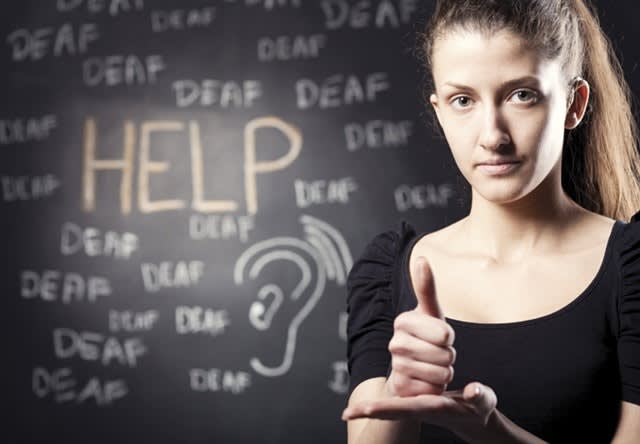As a patrol officer, you must provide the same level of service to deaf subjects that you would to others. Stay on track with our five-step guide. For the full story, read our feature, "Dealing With the Deaf."
1. The Americans with Disability Act, established in 1990, requires you to accommodate people who are deaf, mute, or hard of hearing. Failure to do so can result in complaints, lawsuits, and even consent decrees.
2. Wrongful arrests, failure to reasonably accommodate, or a failure to train officers make up the majority of ADA complaints against agencies.
3. You might have to provide an interpreter for long or complicated transactions.
4. Don't cover your mouth or chew gum when interviewing a person with hearing impairment.
5. Remember that Sign Language is a language all unto itself and should be treated as such.
Amaury Murgado is a special operations lieutenant with the Osceola County (Fla.) Sheriff's Office. He is a retired Army Reserve master sergeant, has more than 25 years of law enforcement experience, and has been a lifelong student of martial arts.













